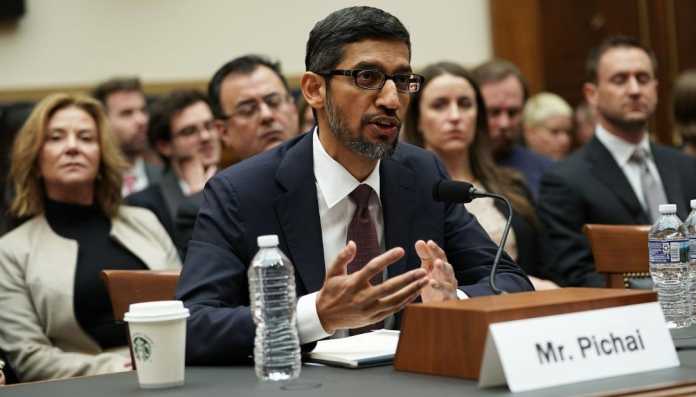The DOJ antitrust lawsuit against Google, a 64-page suit, cites Section 2 of the Sherman Act, 15 U.S.C. § 2, to restrain “Google LLC (Google) from unlawfully maintaining monopolies in the markets for general search services, search advertising, and general search text advertising in the United States through anticompetitive and exclusionary practices, and to remedy the effects of this conduct.” Also Read: Bill Gates Calls India Inspiring: Commends Modi’s Governance It reads, “For years, Google has entered into exclusionary agreements, including tying arrangements and engaged in anticompetitive conduct to lock up distribution channels and block rivals. Google pays billions of dollars each year to distributors—including popular-device Case 1:20-cv-03010 Document 1 Filed 10/20/20 Page 3 of 64 4 manufacturers such as Apple, LG, Motorola, and Samsung; major U.S. wireless carriers such as AT&T, T-Mobile, and Verizon; and browser developers such as Mozilla, Opera, and UCWeb— to secure default status for its general search engine and, in many cases, to specifically prohibit Google’s counterparties from dealing with Google’s competitors. Some of these agreements also require distributors to take a bundle of Google apps, including its search apps, and feature them on devices in prime positions where consumers are most likely to start their internet searches.” Along with DOJ pushing the Google antitrust complaint, Republic attorneys of 11 states; Texas, Arkansas, Georgia, Florida, Indiana, Kentucky; Louisiana, Michigan, Missouri; Montana, and South Carolina have signed the antitrust lawsuit against Google. Google antitrust complaint is being considered as the most aggressive action the U.S. government has taken in years against any of the technology companies that provide massive support to a huge portion of the American economy. Earlier Microsoft had come under the radar of the Govt. in 1992 as the latter charged the tech company for illegally thwarting competition to protect and extend its monopoly on software. It is believed that it was the Govt.’s strict action against Bill Gates’ company that reshaped the tech industry. The settlement allowed the tech companies to function in a well-behaved manner and had simultaneously set the stage for Google and its peers to flourish. Read: The Mandalorian Season 2 Release Date: Everything You Ought To Know Google’s leading stance in search-advertising serve as the foundation of the company’s extensive advertising, video distribution, data mining, and information services conglomerate. Google is the gateway to the internet and a search advertising behemoth,” said Jeffrey A. Rosen, deputy attorney general in his statement. “Google achieved some success in its early years and no one begrudges that. But as the antitrust complaint filed today explains it has maintained its monopoly power through exclusionary practices that are harmful to competition.” The Justice Department claims that it is necessary to have an antitrust response for the benefit of consumers. If the government fails to enforce the antitrust laws to enable competition, there would be little scope left for innovation, and if that happens, then Americans may never get to see the next Google. Google, on the other hand, states that the Google antitrust lawsuit is deeply flawed. Kent Walker, Google’s chief legal officer in an official statement said, “People use Google because they choose to—not because they are forced to or because they can’t find alternatives,” he said. “Like countless other businesses, we pay to promote our services, just like a cereal brand might pay a supermarket to stock its products at the end of a row or on a shelf at eye level.” “If successful, the lawsuit would result in higher prices for consumers because Google would have to raise the cost of its mobile software and hardware,” he further added. Stay tuned to this page for the latest news and updates on Google antitrust complaint.




